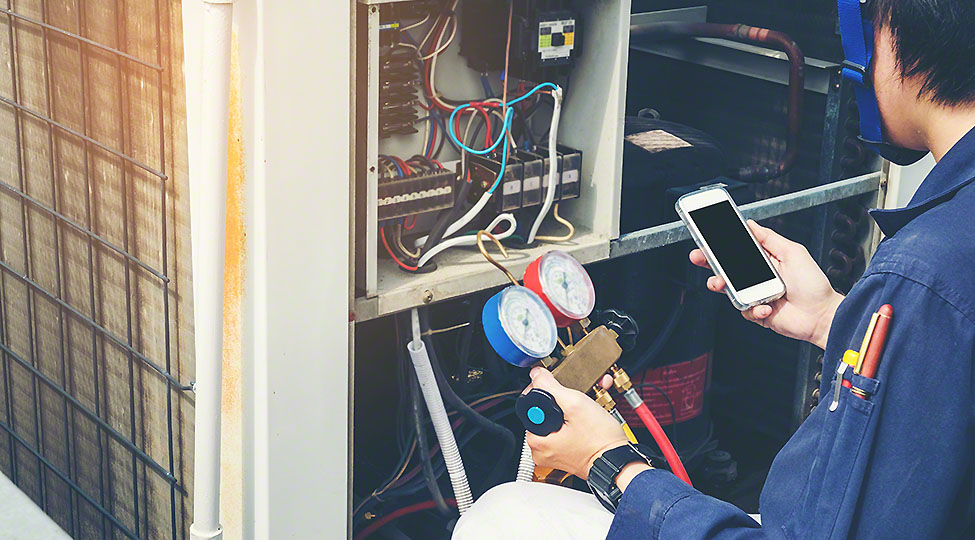
The rapidly rising temperatures in many parts of the world due to global warming have seen massive air conditioning market growth. An air conditioner (AC) is slowly becoming a necessity for any interior space, and the manufacturing of ACs has significantly gone up.
For example, an air-conditioned office is much more comfortable and allows employees to be more productive than an office with no air conditioner.
The AC is designed to cool the hair in the interior space and keep you cool and comfortable. But what is the principle of air conditioning? What makes an air conditioner such an efficient tool in dealing with temperature fluctuations?
Please continue reading to find out how air conditioners work and what makes them a valuable asset for all interior spaces, including your home as given by HVAC repair services providers.
The Standard Principle of Air Conditioning
Air conditioning is based on the principle of vapor compression cycle aimed at reducing the air temperature through the help of a condenser, compressor, an expansion valve, and an evaporator. This occurs through an efficient heat transfer from the room air to the refrigerant gas and the evaporator.
Once set to your desired degree, a thermostat inside the air conditioner constantly monitors the room’s temperature. If the air in the room is hotter than desired, the air conditioner collects the hot air from the room, passes it through a refrigerant and a series of coils to cool it down, and then released it back into the room.
How It Works
The hot air is sucked into the AC through a grille at the indoor unit base, and then it flows through interior AC pipes with refrigerant/ cooling fluid running through them. This liquid absorbs the heat from the air and eventually becomes hotter.
The cooled air flows into the evaporation coils, absorbing any heat left in the air and expelling moisture in the air before releasing it back into the room.
The now hot cooling fluid is then passed through a compressor located on the external unit in split AC. The compressor then compresses this liquid into high-pressor gas. This process heats up the cooling liquid even more.
The hot vapor is now passed through to the condenser, which then condenses it back into a liquid by removing the hot air and transmitting the air into the outside atmosphere through metal fins. This cooling fluid then flows through the expansion valve and is sent back to start the cycle again.
This process is repeated over and over again until the room acquires the desires temperature.
Modern air conditioners not only keep you cool in hot summer weather but are also fitted with washable or disposable that help keeps allergens and other pollutants from getting into your interior. Therefore, keeping the quality of the air inside healthy and clean.
Five Components Supporting the Air Conditioning Principle
The air conditioning principle relies on the following five components to be successful.
Refrigerant
A refrigerant is a crucial chemical that helps absorbs heat from the incoming air. It can be in either liquid or gaseous forms, such as Freon gas or R-22 refrigerant.
Evaporator
An evaporator works as a heat exchanger. It is also in charge of removing all moisture from the air to stabilize the room’s humidity.
Compressor
A compressor is in charge of compressing the refrigerant into high-pressure vapor before passing it over to the condenser for reprocessing.
Condenser
The condenser is the external unit that receives the vaporized/high-pressure refrigerant from the compressor and changes it into liquid before passing it through the expansion valve.
Expansion Valve
The expansion valve controls the now reprocessed refrigerant gas flow before it goes back to start the cycle.
So How Does an Air Conditioner Work?
It might look easy, but an air conditioner’s cooling process is a high-efficiency collaborative process. Every component in this process is crucial, and all the parts should work together for the air conditioning to be successful.
To keep the unit in top working condition, work with experienced air conditioning companies Vienna to regularly inspect and tune up the appliance.